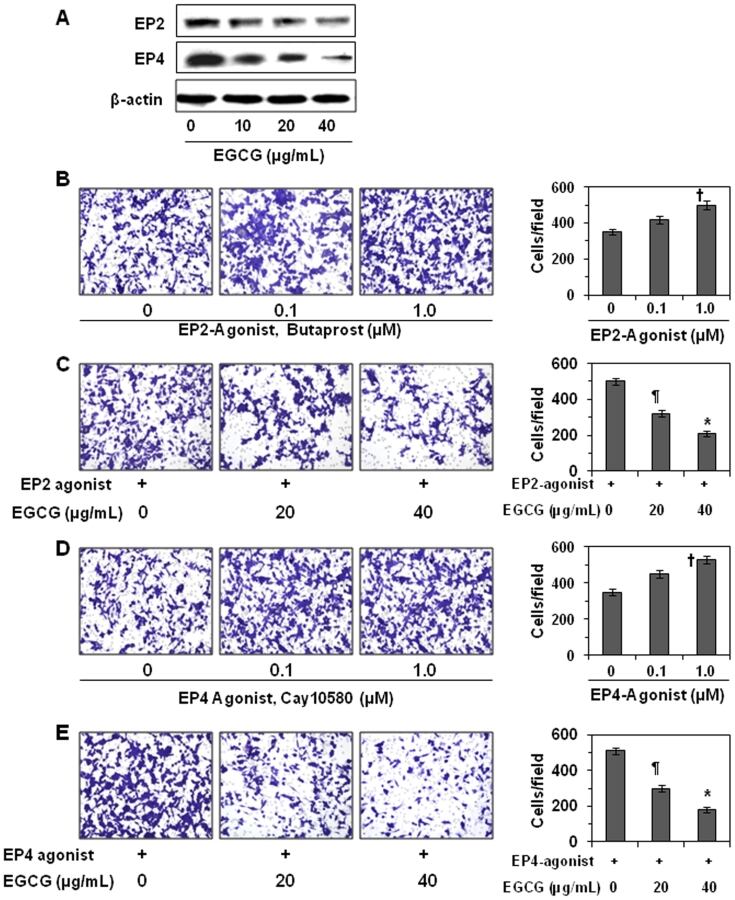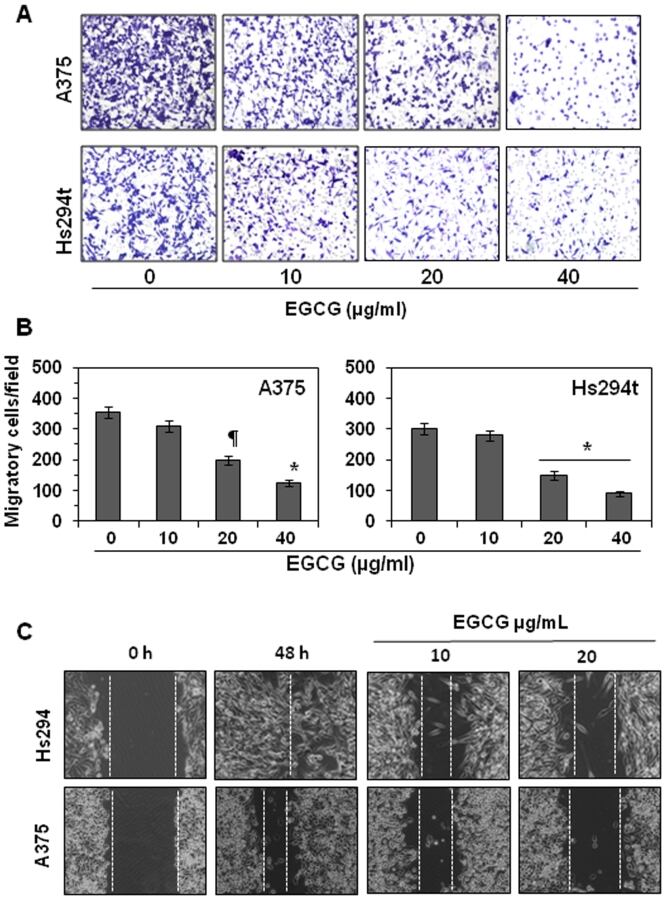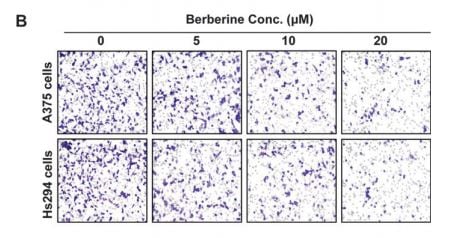RetractionWatch provides details of an investigation into Dr Santosh Katiyar, a researcher formerly at the University of Alabama, Birmingham (UAB), who studied the effects of grape seed and green tea compounds on cancer.

Dated December 31, 2018, the journal PLOS ONE issued a statement in which concerns were raised about similarities involving two figure panels featured in one of Dr Katiyar’s research papers.
Titled ‘Green Tea Catechins Reduce Invasive Potential of Human Melanoma Cells by Targeting COX-2, PGE2 Receptors and Epithelial-to-Mesenchymal Transition,’ the retraction highlights the similarities between second and third panels in Fig 5D (Cay10580, 0.1 μM and 1.0 μM panels).
“The University of Alabama at Birmingham confirmed that the original data and records needed to clarify the conditions represented in these two panels are not available,” the statement read.
“Thus, the quantification data shown in the accompanying bar graph, and the conclusion regarding a concentration-dependent effects of Cay10580 on cell migration, are not supported.”
Panel similarities

Another panel used in the research showed similarities to another panel featured in a separate paper also authored by Dr Katiyar.
UAB believed Fig 2A (Hs294t, 10 μg/ml EGCG) in the paper published in PLOS ONE’s was similar to Fig 1B (Hs294, 0 μM Berberine) in a study that was later retracted. The panel in question was used to represent different experimental conditions in the two articles.
“The University of Alabama at Birmingham confirmed that original data and records are not available to clarify the identity of the cells and treatment conditions in the reported experiments.”
Following a joint investigation by the Birmingham VA Medical Center and the University of Alabama at Birmingham, the conclusions of the research could not be supported by available data.
The statement added, “PLOS ONE Editors retract this article based upon the unavailability of original data and records and the ambiguous identification of samples and treatments. The authors did not comment on the retraction decision.”
Cancer research paper
The journal Cancer Research also issues a statement retracting another one of Dr Katiyar’s studies that appeared in the publication last month.
“Following a joint institutional investigation, it was determined that the images for both the wild-type and IL-12 knockout controls originated from the same source and are not from mice with different genotypes in Fig. 4.

“In addition, the same β-actin Western blot image was used to represent results from different experiments in Figs. 3D and 5B.
“The original research records related to the figures were not available during the review. Therefore, the institutions were not able to determine which of the published images are correct and recommended retraction; upon internal review, the editors agreed with this recommendation.
“A copy of this Retraction Notice was sent to the last known e-mail addresses for all four authors. One author (S. Katiyar) agreed to the retraction; two authors (S.M. Meeran and S.K. Katiyar) did not agree to the retraction; the remaining author (C.A. Elmets) did not respond.”
In a RetractionWatch post published in May, the University and the Birmingham VA Medical Center requesting 20 retractions of research involving Dr Katiyar, who left UAB in 2018. The investigation report provided further evidence of image manipulation going as far back as 2012.

